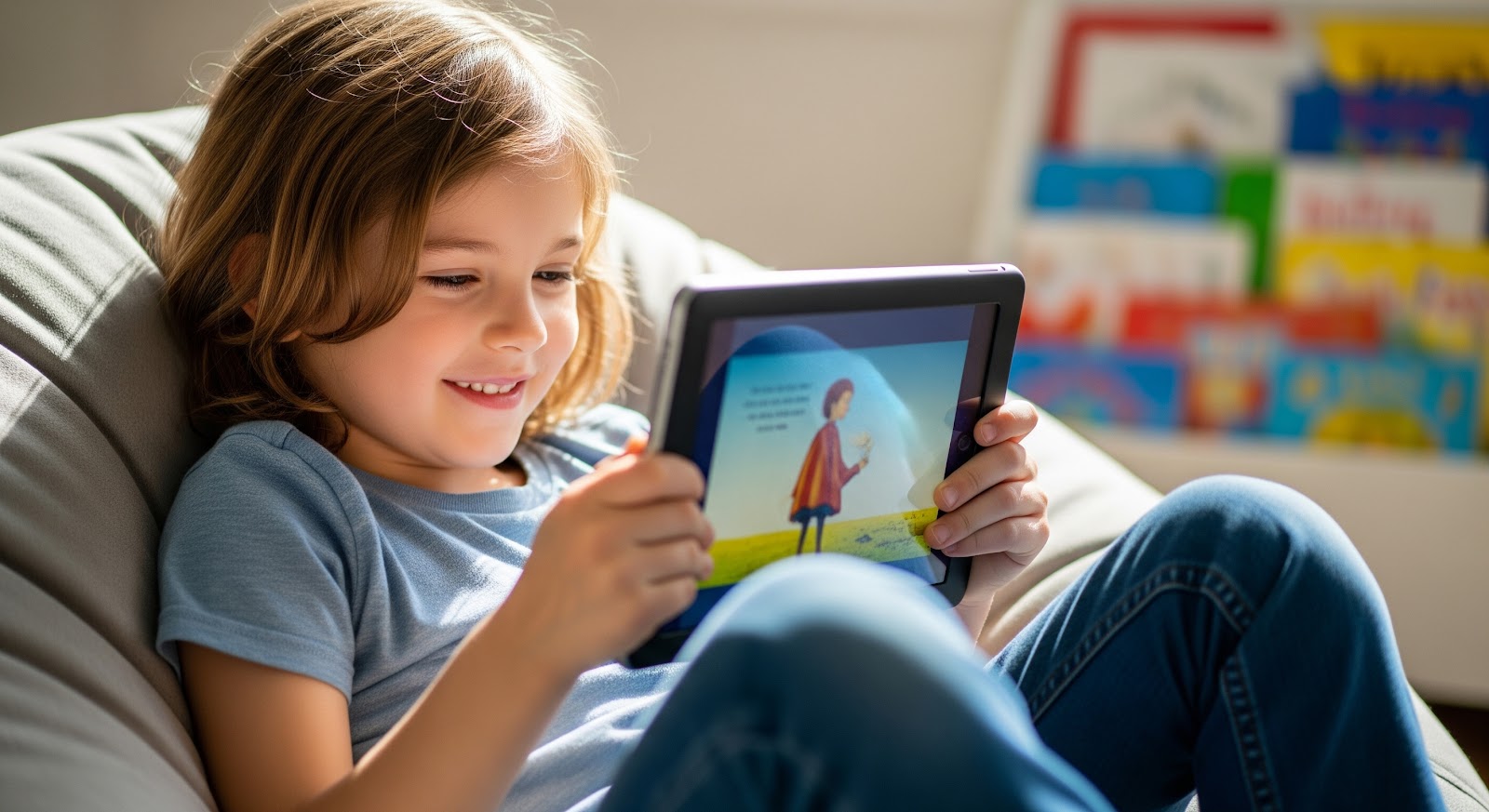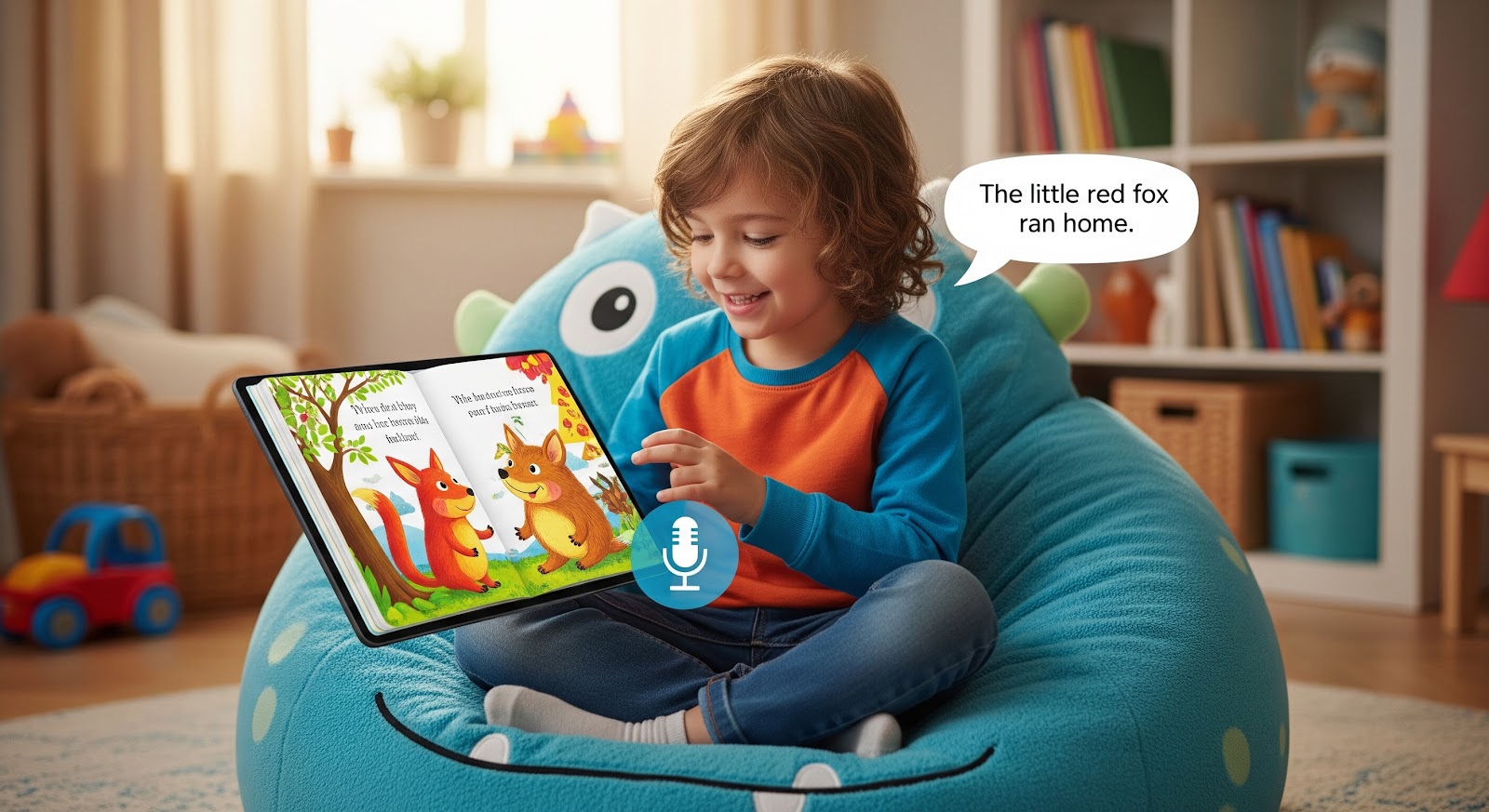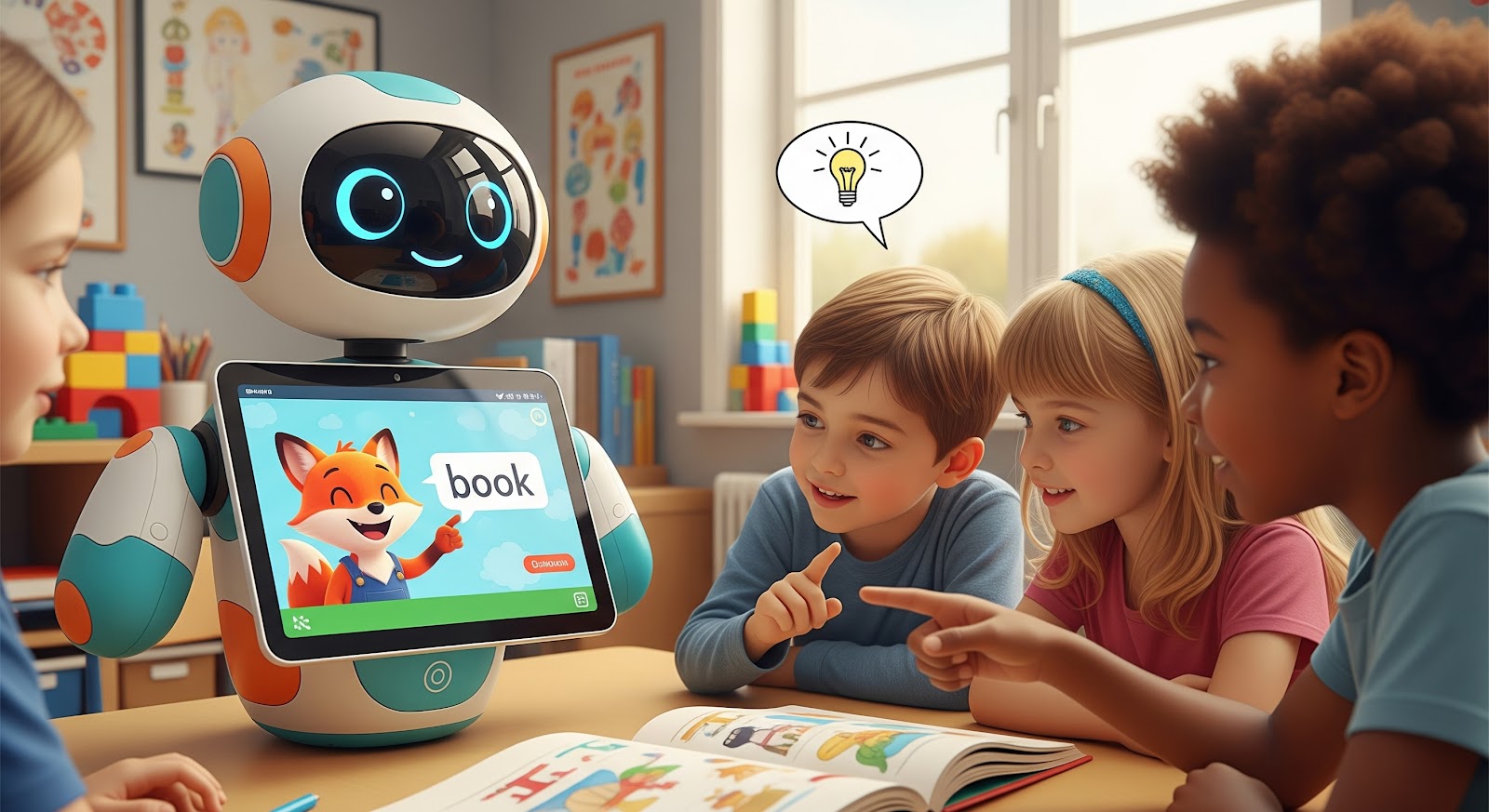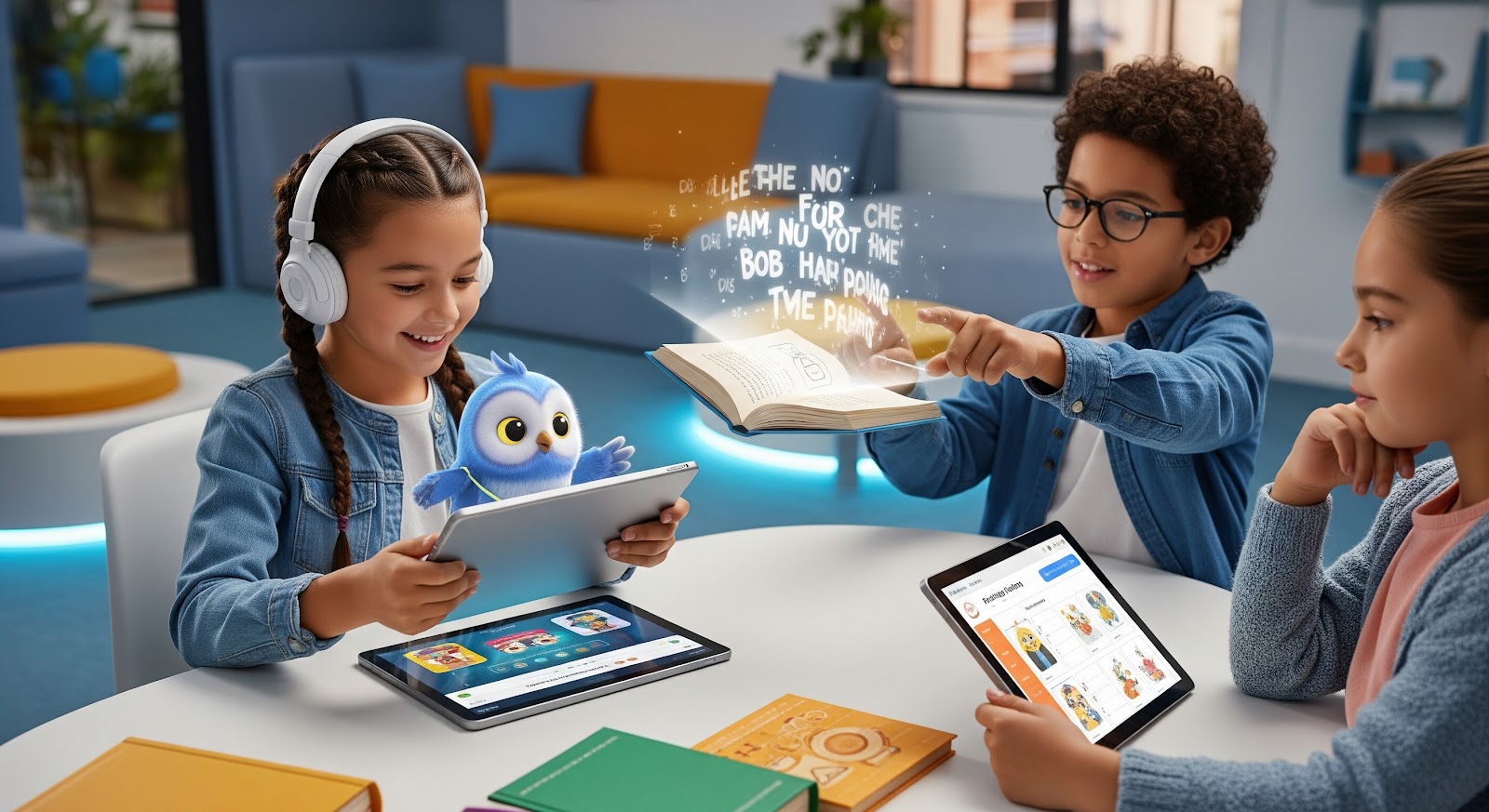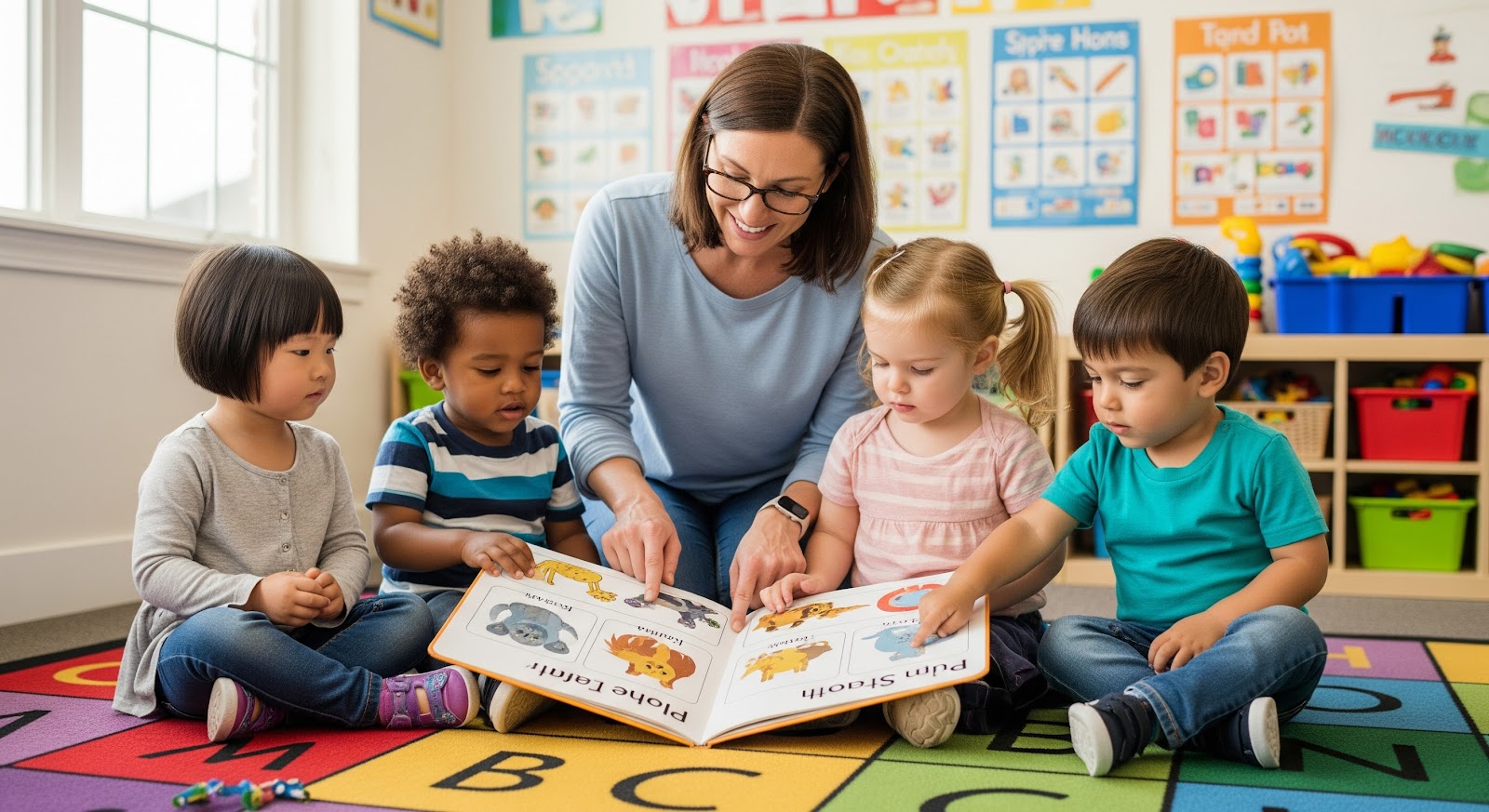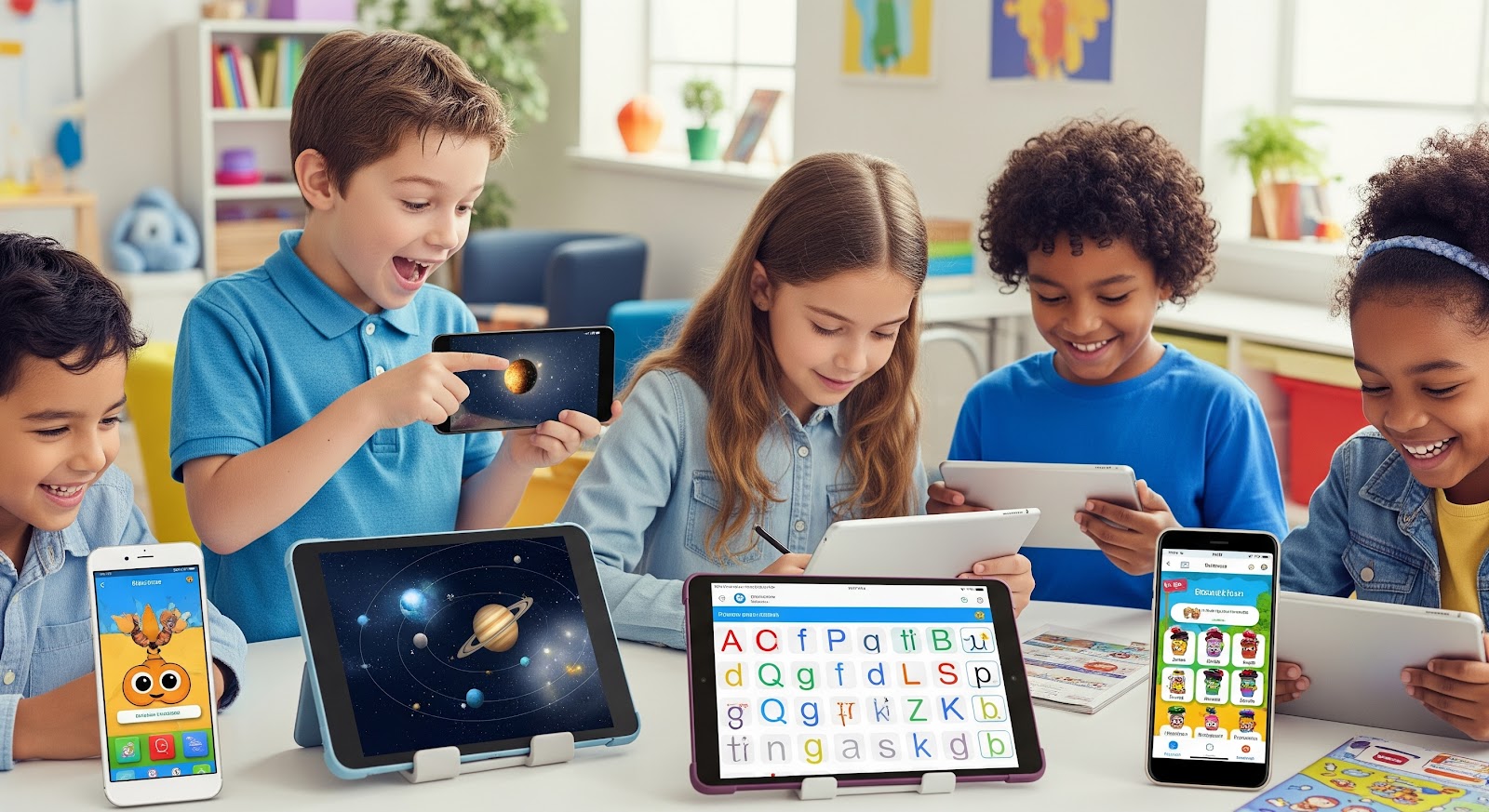Best Online Reading Platforms for Kids in 2026
Reading proficiency is not just another academic benchmark. It is the foundation of learning across every subject. Students who struggle with reading often struggle in science, math, social studies, and even classroom participation. When children fall behind in literacy, they don’t just fall behind academically, they lose confidence, motivation, and belief in their own ability. … Read more

